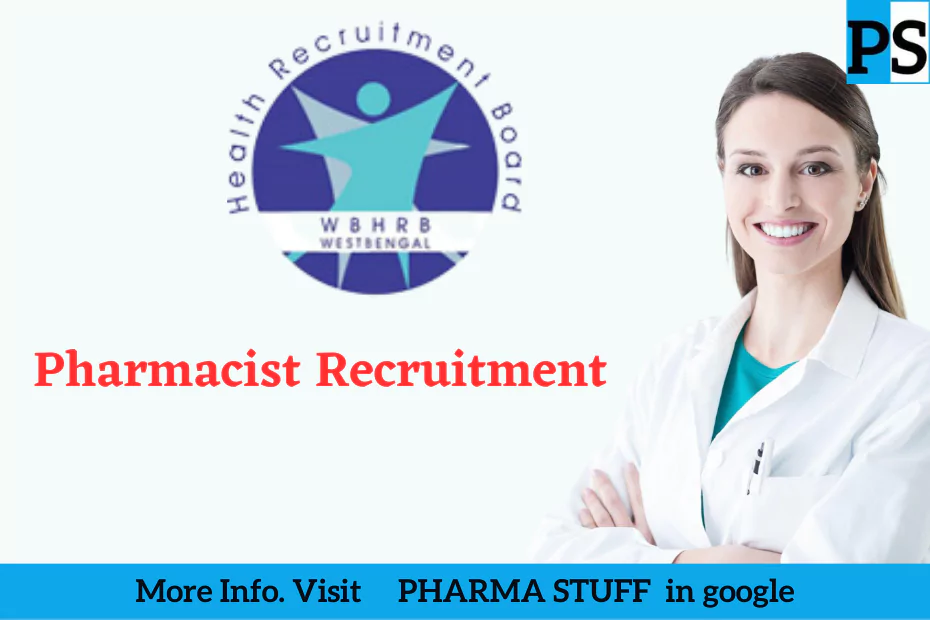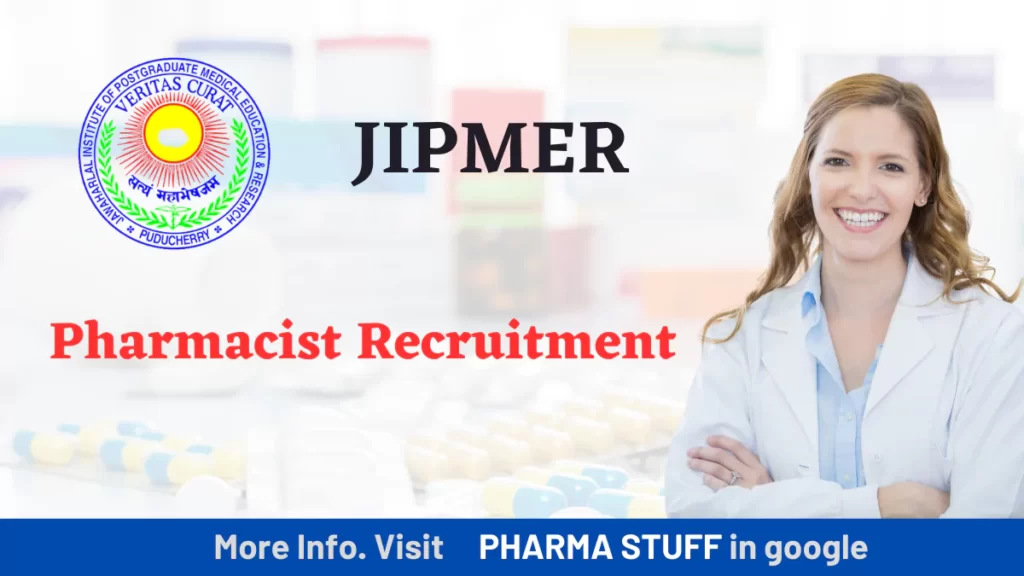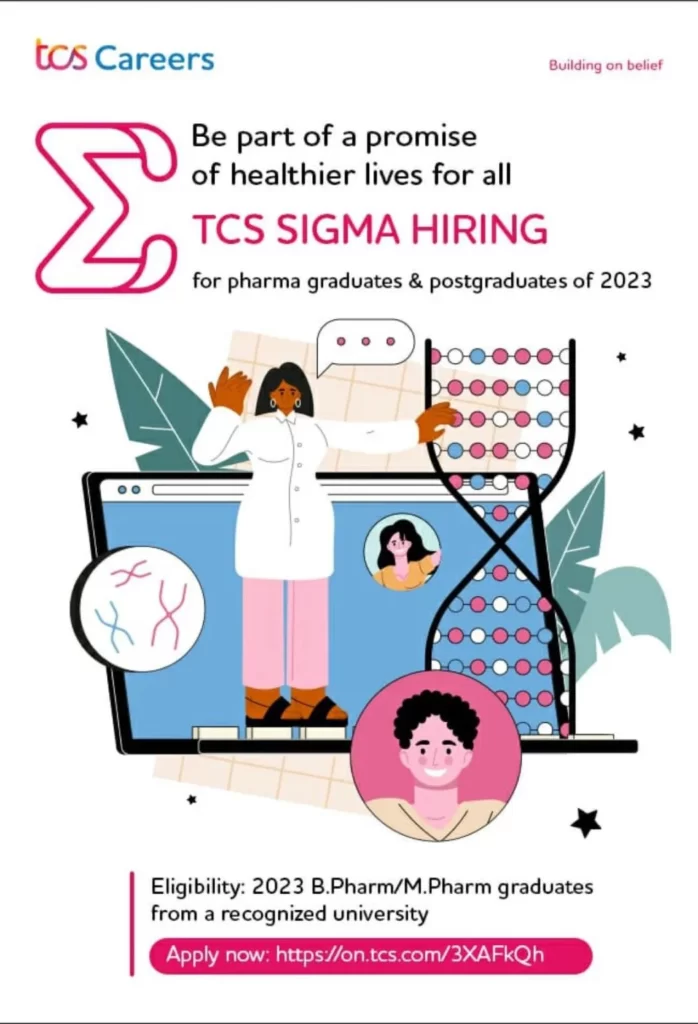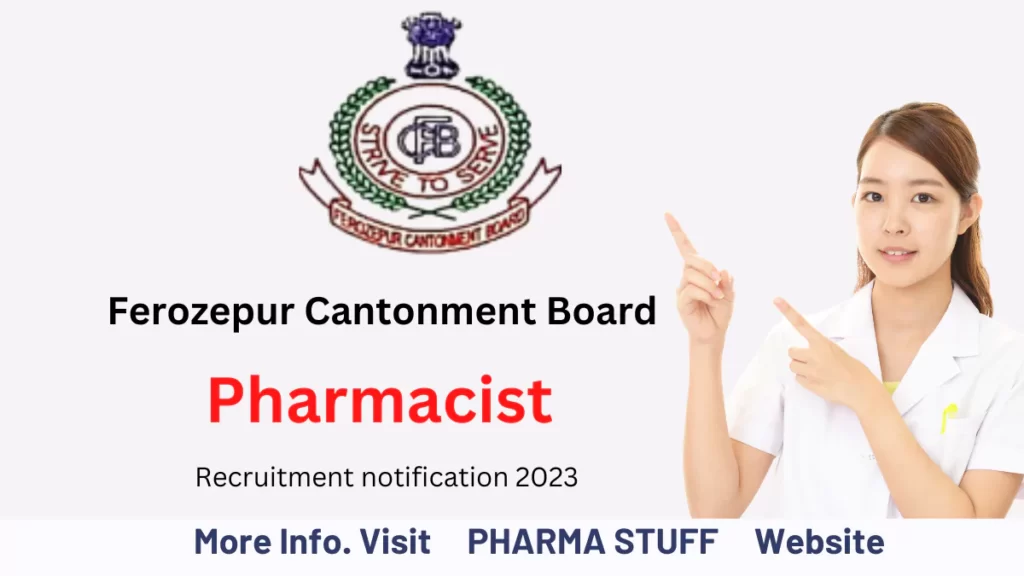HOW DO I PREPARE FOR A PHARMACOVIGILANCE INTERVIEW?

- Understanding the Eligibility Criteria
- Is it mandatory to have a certification course in Pharmacovigilance?
- How Freshers Should Prepare for the Interview
- How to Create a Perfect Resume for Pharmacovigilance Interviews
- How Experienced PV Professionals Should Prepare for the Interview
- Tips for PV Interview Preparation
- Resources for Learning About Pharmacovigilance
- Conclusion
Hello, Freshers and Experienced PV professionals,
I hope you all are doing well!
The most important question that freshers have after their graduations/post-graduations is how to prepare for Pharmacovigilance (PV) interviews. The same question arises for experienced PV professionals regarding what exactly to read for a PV interview.
Don’t worry, I will try to provide some important aspects of PV interview preparations. We will look at the interview preparation process for both freshers and experienced PV professionals.

Understanding the Eligibility Criteria
👉 Never Miss a Pharma Job Again
💼 Join our LIVE WhatsApp Group & Get Instant Updates. 📢 Click below to join:
📱 Join Click HereBefore diving into how to prepare for a Pharmacovigilance interview, it is crucial to understand the eligibility criteria for freshers:
- Educational Background: If you have a Bachelor’s or Master’s in Pharmacy, Life Sciences, or a degree in Pharm D, BDS, BAMS, BHMS, BUMS, etc., you are eligible to appear for a PV interview (eligibility criteria may vary).

Is it mandatory to have a certification course in Pharmacovigilance?
No, it is not mandatory to have a certification course in Pharmacovigilance to get this job. While many institutions offer these courses, and they can be beneficial, self-learning is also important. If you can afford it, enrolling in these courses can enhance your knowledge.
How Freshers Should Prepare for the Interview
Start Early: Begin reading about PV at least six months before you finish your graduation/post-graduation. Must prepare for academic subject like pharmacology, Human anatomy & physiology,
Project Work: Try to do your project work on a Pharmacovigilance-related topic.
Networking: Connect with seniors or friends who are already working in PV jobs. Make a profile on LinkedIn, search for pharmacovigilance professionals, and regularly communicate with them to gain insights and advice.
Webinars: Enroll in as many free PV webinars as possible. Stay active on LinkedIn & Pharma stuff or other professional platforms to find these opportunities.
Notes: Prepare your PV notes while reading to make revision easier during the interview period.
Pharmacology Knowledge: Be well-versed in pharmacology drug classifications and your project work.
Prepare a strong resume: I’ll give you some advice on how to create a perfect resume for pharmacovigilance interviews. Freshers should aim to keep their resume to a single page, ensuring it is concise and impactful. The following sections are essential to include:
How to Create a Perfect Resume for Pharmacovigilance Interviews
Creating a perfect resume is crucial for standing out in pharmacovigilance interviews. Here are some tips for freshers to craft an impactful, one-page resume, ensuring it includes all the essential sections:
- Name: Clearly display your full name at the top of the resume.
- Contact Details: Include your email, mobile number, and address.
- LinkedIn Profile Link: Provide a link to your LinkedIn profile for employers to view your professional network and endorsements.
- Educational Background: List your degrees, institutions, and graduation dates, starting with the most recent.
- Academic Project Experience: Detail any significant projects or research work related to pharmacovigilance or the pharmaceutical industry.
- Achievements: Highlight any awards, honors, or recognitions you have received during your academic career.
- Seminars, Webinars, and Conference Details: Include relevant seminars, webinars, and conferences you have attended to show your commitment to continuous learning.
- Internships/Trainings: Mention any internships or training programs you have completed, focusing on those related to pharmacovigilance.
- Technical & Soft Skills: Highlight key technical skills such as knowledge of drug safety, adverse event reporting, and relevant software tools. Also, include soft skills like communication, teamwork, and problem-solving.
- Certification Courses: List any pharmacovigilance or related certification courses you have completed.
How Experienced PV Professionals Should Prepare for the Interview
- Review Basics: Refresh your knowledge on the basics of PV-related topics.
- Job Description: Go through the job description (JD) multiple times and identify key points to prepare thoroughly.
- CV Preparation: Ensure you are ready to answer any questions related to the content in your CV.
- Company Research: Research the company you are interviewing with and understand their expertise and work type.
- Walk-in Interviews: If it’s a walk-in interview, take advantage of knowing what questions the interviewer is asking by talking to others and preparing accordingly.
Tips for PV Interview Preparation
- Mock Interviews: Practice with a friend or mentor to build confidence.
- Communication Skills: Focus on clear and concise communication.
Resources for Learning About Pharmacovigilance
- Uppsala Monitoring Centre (UMC): UMC Online Learning
- European Medicines Agency (EMA): EMA Pharmacovigilance Overview
- International Conference of Harmonisation (ICH): ICH Efficacy Guidelines (E2A to E2F guidelines are important)
Conclusion
I hope you find this article helpful as you prepare for your pharmacovigilance interview. Remember to stay confident and well-prepared. If you have any questions or additional tips, don’t forget to comment below with your thoughts!
Enhances Pharmacovigilance Knowledge – Attend Quiz





